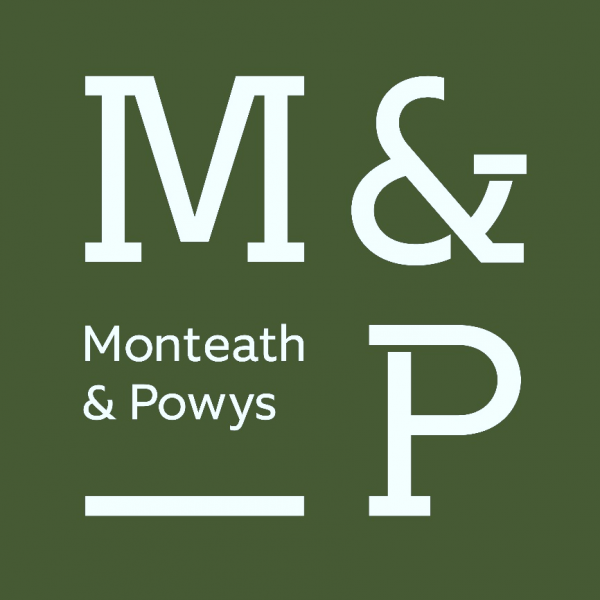
TEFMA COVID-19 Webinar Series: Innovation During Severe Financial Restrictions
TEFMA COVID-19 Webinar Series: Innovation During Severe Financial Restrictions
At a time when we are still facing uncertainty of the future and unable to meet face to face, we are extending our current webinar calendar to cover a range of topics, COVID-19 related. Over the coming few months TEFMA aim to continually offer webinars on the lessons learned during this pandemic and bring to light any innovative ideas that are being shown across the sector by our peers and colleagues. It is hoped this webinar series will open the conversation between all of our members (business partners and associate members) as we gear up for an eventual return to Business as Usual.
We invite you to join our first webinar in this series. This webinar will be approximately 1 hour in length, which includes 2x 20 minute presentations followed by a 20 minute Q&A panel session with all the presenters.
Presentation 1: Saving Money Strategies - Lessons from the GFC
Simon Thompson, Acquire Procurement Services
In this webinar, attendees will have the opportunity to discover ways to save money when there doesn’t seem to be any money left to save. Money saving techniques that were used and refined post the GFC will be outlined and how they can be applied to current FM services contracts such as cleaning, security, waste, and security within a University setting. The various techniques will be outlined, how successful they were and the unexpected consequences and benefits of each. This webinar will provide you with ammunition to both defend and slim down your budget without increasing your time behind the desk.
Who should attend:
Campus Directors / Associate Directors / Operation Managers who have been instructed to save money and are responsible for significant outsourced services contracts like cleaning, security, and maintenance
Presentation 2: How to justify Future Funding
Craig Grace, Department of Education, Tasmania and Nicola Daaboul, Assetic
In line with the theme of working under severe financial restrictions, attendees will have the opportunity to learn about how a streamlined condition assessment program can provide insight as to why certain capital projects should be funded in certain areas. It establishes the connect between asset health (condition assessment) and asset planning allowing optimised asset investments over time to maximise education service outcomes.
The outcome of this approach was that the Tasmanian Government turned to the Department of Education first with the recent COVID-19 stimulus funding because they could see that the Department had evidenced-based practices to optimise where funding should be spent.
Craig inherited the asset management of 72 schools across Tasmania (a third of the portfolio) in dilapidated condition, along with poor quality condition data. State Government was also demanding a 3 year Strategic Asset Management Plan with appropriate evidence to support funding requests, complicated by the fact that there was a suspicion that historical funding programs had disadvantaged certain electoral areas.
The Department crafted an assessment approach that not only captured condition by space, but also provided other insights required for more effective decision making such as occupancy, safety and functionality.
An asset lifecycle modelling exercise was completed using the new assessment dataset that has delivered the following results:
- The Department can now quickly and easily simulate restricted funding for any area, providing the politicians with accurate evidenced-based plans, removing political bias from the project selection process;
- The Department and Treasury now has a clear picture of what they are responsible for and how their decisions can impact the community into the future;
- Prioritised work programs to deliver safe bathroom spaces attracted special funding due to the integrity of the data and modelling.
- The life cycle scenarios allows DoE to optimise the investments in education facilities based on current service provision and future utilisation and occupancy.
Who should attend:
Staff working in facilities, capital planning, and asset managers would benefit from attending this webinar.
This content is private you must Subscribe or Become a Full Member to keep on reading
Getting your web user account is fast, free and lets you get a taste of the great content and resources available to our members.
- Access more articles and resources
- Subscribe to special interest groups to get content tailored to you
- Buy event tickets online
Contact Information
Please contact us if you have any questions about the 2020 Webinar Series.
Additional Information
WEBINAR DETAILS:
Date: Friday, 12 June 2020
Time*:
10.00am – 11.00am AWST (WA/HK)
11.30am - 12.30pm ACST (SA/NT)
12.00pm - 1.00pm AEST (ACT/NSW/QLD/TAS/VIC)
2.00pm - 3.00pm NZST (NZ)
* includes Q and A
Cost:
Complimentary to all TEFMA members
Only members who register will have access to the webinar on the day so please register if you wish to attend.
Once you have registered you will receive information on how to join the webinar and a calendar entry to record this event.









